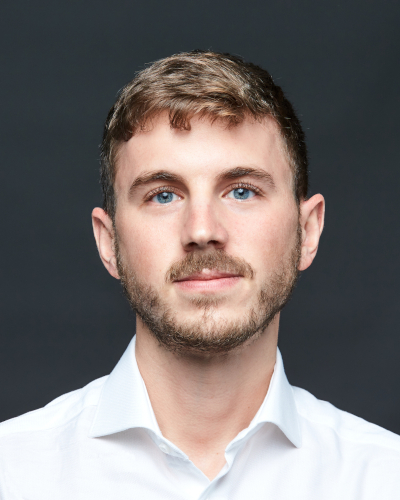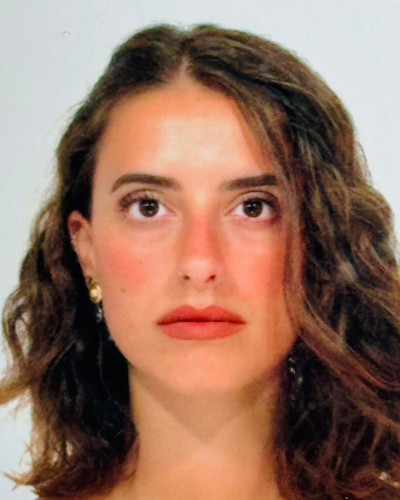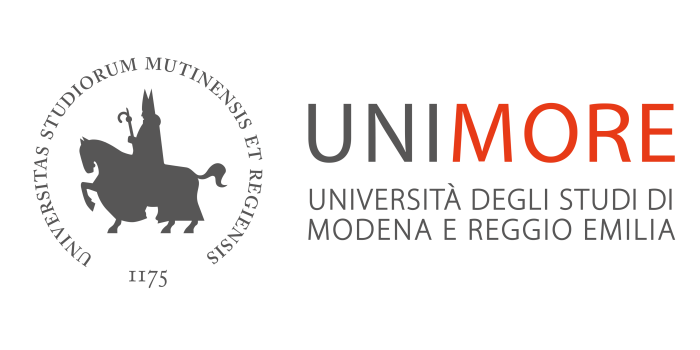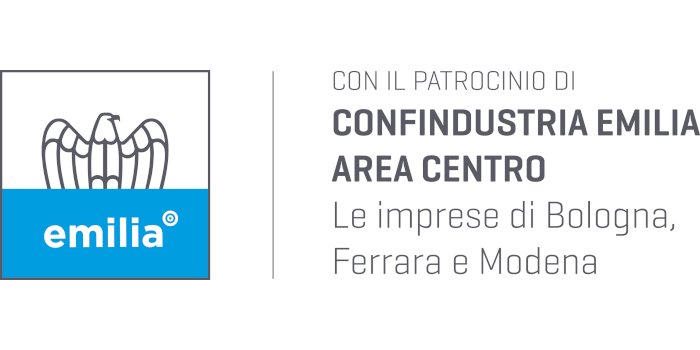SPECIAL SESSION #2
AI-Enhanced Optical and Biosignal Measurement for Healthcare
ORGANIZED BY
Giovanni Gibertoni
University of Modena and Reggio Emilia, Italy
Guido Borghi
University of Modena and Reggio Emilia, Italy
Valentina Di Pinto
University of Modena and Reggio Emilia, Italy
ABSTRACT
Integrating Artificial Intelligence (AI) with advanced optical and biosignal measurement technologies is transforming biomedical engineering, enabling high-precision, real-time, and non-invasive monitoring of physiological parameters. This session will explore the latest advancements in optical metrology, sensor-based diagnostics, and AI-enhanced biomedical instrumentation, with a strong focus on measurement accuracy, calibration techniques, and data reliability in clinical and wearable healthcare applications.
The synergy between optical measurement techniques and AI-driven data analysis is opening new frontiers in medical diagnostics, patient monitoring, and healthcare automation. AI-based methodologies are enhancing the interpretation of optical signals, multimodal data fusion, and metrological validation, improving the performance of next-generation medical devices and precision measurement systems.
TOPICS
Key topics of interest include:
- Optical Metrology for Biomedical Sensing: Innovations in measurement techniques for medical and healthcare applications.
- AI-Powered Optical and Biosignal Processing: Advanced algorithms for feature extraction, signal interpretation, and predictive analytics.
- Wearable Optical Sensors & Smart Healthcare Devices: Integration of AI with sensor-based technologies for real-time health monitoring.
- Measurement Uncertainty and Calibration in Optical Systems: Ensuring accuracy and reproducibility in AI-driven medical instrumentation.
- AI and Metrology in Medical Imaging: Applications in healthcare and biomedical optics.
- Spectroscopy measurements using optical techniques and signal analysis for healthcare.
Despite significant advancements, ensuring the metrological reliability of AI-driven optical measurement systems remains a crucial challenge. This session will bring together experts in optical metrology, AI, and biomedical engineering to discuss how emerging technologies can enhance the precision, reproducibility, and clinical applicability of measurement systems for medical and healthcare applications.
ABOUT THE ORGANIZERS
Giovanni Gibertoni, Ph.D. is a Tenure Track Researcher at the Department of Biomedical, Metabolic, and Neurosciences at the University of Modena and Reggio Emilia. His research focuses on the development of optoelectronic instrumentation for ophthalmology and biosensors, specializing in pupillometry, hyperspectral imaging, and light stimulation systems for human visual system healthcare. He earned his Ph.D. in Information and Communication Technologies with a dissertation on optoelectronic methods for human vision science, including a research period at SUNY College of Optometry (New York, USA). His work combines optical system design, AI-driven image processing, and biomedical engineering to create innovative and non-invasive diagnostic solutions.
Guido Borghi is an Associate Professor at the University of Modena and Reggio Emilia.
Previously, he was Assistant Professor at the University of Bologna - Cesena campus. He graduated in Computer Engineering and received his PhD course in Information Engineering at the University of Modena and Reggio Emilia, Italy. Among the others, he worked under the supervision of Prof. Rita Cucchiara, Prof. Davide Maltoni and Prof. Roberto Vezzani.
His research topics mainly belong to Computer Vision and Artificial Intelligence. In particular, he works in the field of Face Analysis (Face Recognition, Head Pose Estimation), Natural User Interfaces (Gesture and Activity Recognition), applied to Biometrics (Morphing Attack Detection), Robotics (Robot Pose Estimation) and Automotive (Driver Monitoring). He is Associate Editor of Simulation & Gaming and Guest Editor of CVIU. He co-organized several workshops (T-CAP@ICIAP, ICPR, ECCV, and WCPA@ECCV) and a tutorial at IJCB 2023 in the field of human and face analysis. He regularly serves as a reviewer for international conferences and journals, such as TPAMI, TIST, TBIOM, CVPR, ECCV and ICCV.
Valentina Di Pinto is now a Junior Research Fellow at the "Enzo Ferrari" Engineering Department, at the University of Modena and Reggio Emilia. In particular, she has just finished her Ph.D. academic course in Information and Communication Technologies (ICT) with the University of Modena and Reggio Emilia, defending a thesis about theoretical and experimental studies on optoelectronics sensors for biomedical applications and textile-based technologies. She obtained the Bachelor's Degree in Biomedical Engineering at the University of Bologna in July 2019, after which she started studying Electronics Engineering at the University of Modena and Reggio Emilia and graduated with Honours in October 2021, after disserting a thesis about the development of a monocular pupillometer exploiting silent substitution technique for the ipRGCs stimulation.
Her research studies focus on optoelectronics sensors for uremic toxins detection, with hemodialysis treatment personalization as final goal.






